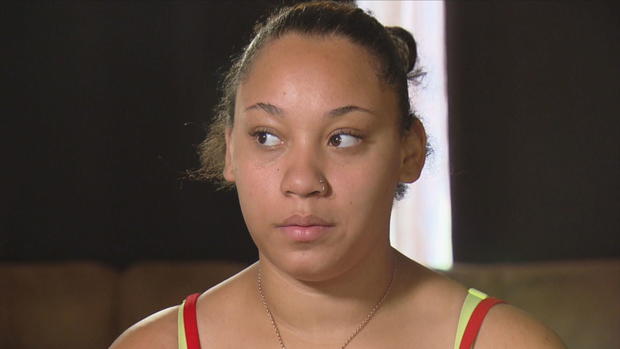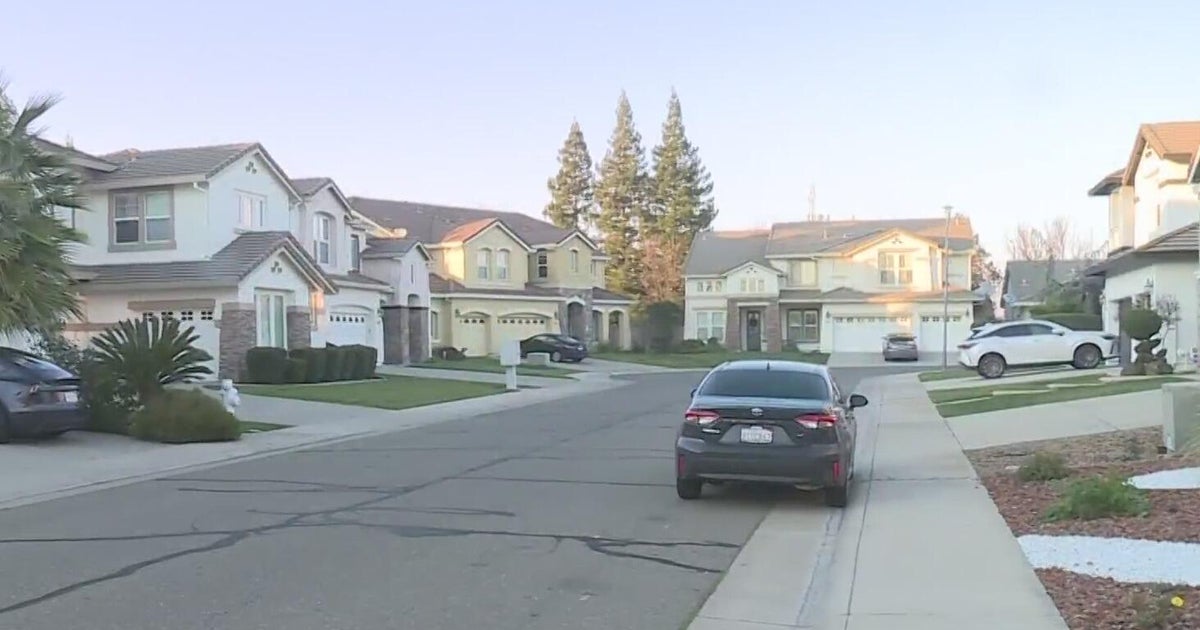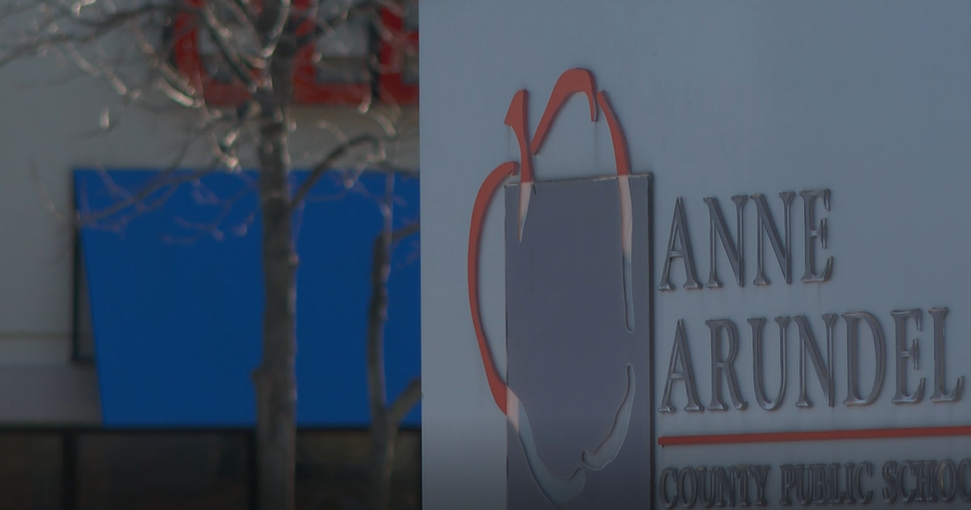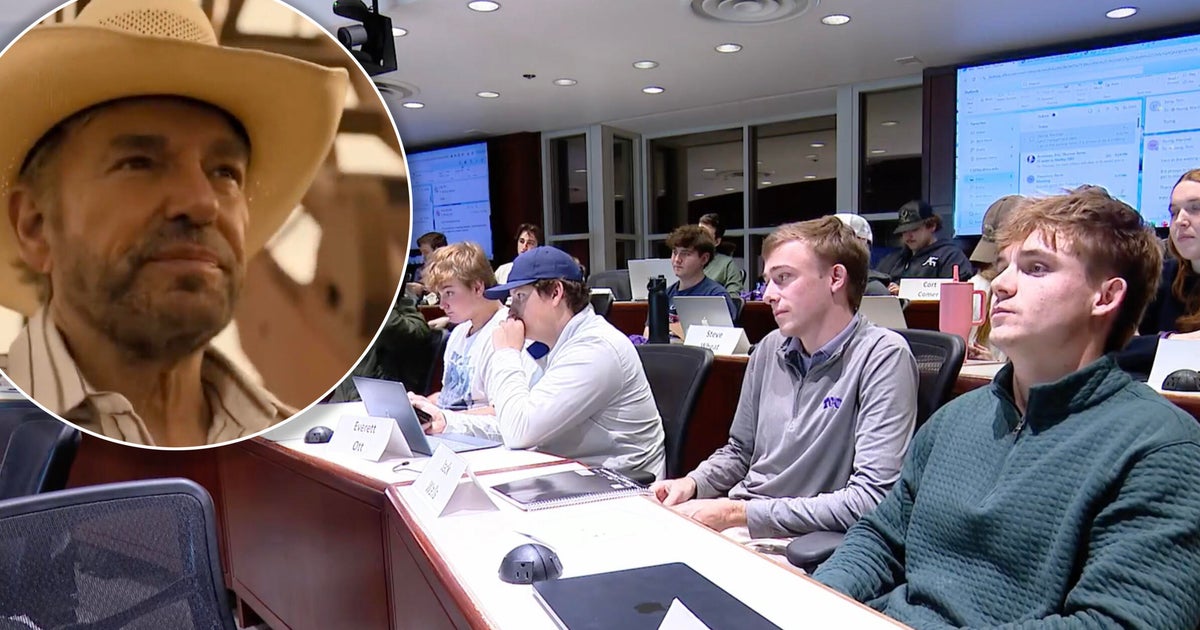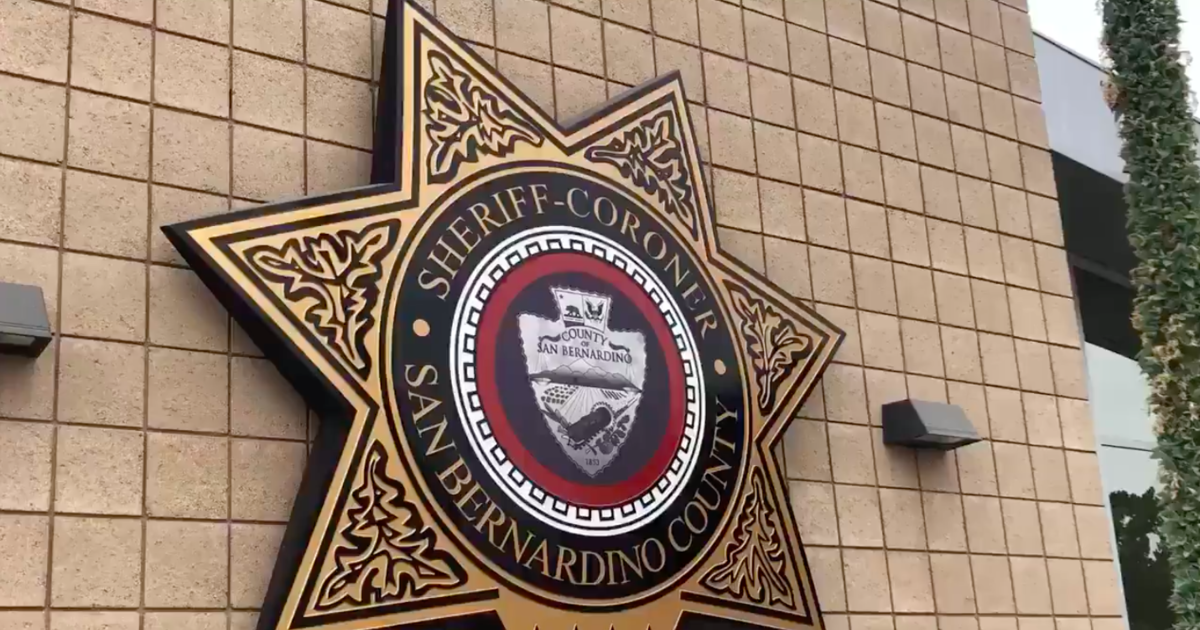Columbine High School student bullied for years through fake Safe2Tell reports
Safe2Tell is an anonymous reporting system that leaders credit as having saved countless lives. Over the last three years, the program in Colorado has received more than 54,000 reports, and more than 800 of those were about plans for school attacks. But CBS Colorado has learned it is also being used as a weapon to bully.
Passion Burke, 17, is a senior at Columbine High School. She says her high school experience has been far from normal over the last three years. People have been bullying her anonymously by making fake Safe2Tell tips about her.
Countless times, she's been pulled out of class, had her locker searched, deputies have shown up at her home, at her work, and every time, the tips aren't real. It's gotten so bad, she's considered dropping out of high school and getting her GED.
"In the beginning of my freshman year we got a lot of them — mainly about just like self-harm and stuff like that — and then it just progressively got worse," Burke said.
She says the tips have also alleged she was using and selling drugs, causing Jefferson County Sheriff's deputies to show up at her house at all hours of the night — most recently in July.
"It's been horrifying," said Jacqueline Oliver, Burke's grandmother and guardian. "Academically, she's suffering. She's suffering mentally. She just went through some more counseling again, because of all of this."
Safe2Tell was created after the Columbine High School shooting in 1999. It's a system praised for its capacity to help stop violence before it starts.
Out of 19,364 reports made from August of last year to July of this year, only 2% were false — that's about 387 fake reports. The school year before that, only 1.7% were false reports — that's about 193 of the 11,388 reports placed that school year.
That means tens of thousands of people were helped, but still, there have been potentially hundreds of students facing bullying situations like Burke's.
"When it happens, that's where you want to nip it in the bud," said Susan Payne, the founder of Safe2Tell. "So it's very rare that we continue to see a pattern of activity, but when that does happen, that's when it's going to take all hands on deck."
Payne now works with the Center for the Study and Prevention of Violence. She's helping other states set up similar reporting systems, because of Safe2Tell's success.
She says when Safe2Tell is used maliciously, the school and local law enforcement can come up with plans to respond to future tips against the victimized student in a more sensitive way.
"I think it's important that if you identify that there is a pattern of behavior that's happening, to create a response plan," Payne said. "It is important that communication is taking place so that if it does happen, they have a prepared response."
She says in many cases like Burke's, school officials and law enforcement have joined together to create a "bubble" around the victimized student. For example, a principal may wait to pull a student out of class until class lets out, or officials could call the child's parent or guardian instead of showing up at their home.
"That's what you really want, that the response is a caring, committed response with empathy and kindness," Payne said. "I think that's what has to be communicated. So that if it does happen again, everybody's ready to respond."
Payne also says a law passed just last year in Colorado gives law enforcement more power to track down false reporters.
"With the system, it's anonymous, because the law says it's anonymous. The technology in the system allows us to pull back the onion, and see if there's anything there," Payne said.
But in Burke's case, the Jeffco Sheriff's Office tells CBS Colorado it has investigated and was unable able to track down the culprits.
Burke and her grandmother feel the law isn't working, and they say school officials have failed to create a more sensitive response to protect Burke.
"I've gone to my counselors several times, just trying to like talk to them and see if like there was any way that I wouldn't have to at least be pulled out of class because it was causing me to fall behind a lot," Burke said. "I got told that there wasn't really anything that anyone could do."
Her grandmother says school officials assured her they would take a more careful approach, but she says so far, those have been empty promises.
"I've gone to them several times... they keep telling me, 'oh, if it comes in, we're just not going to do it, because we know they're false.' Then I get a phone call from her crying because they pulled her out of class again, and I'm like, 'okay, you all told me you weren't going to do this,'" Oliver recalled. "It's getting really bad."
Burke and Oliver believe the law should have better mechanisms in place to crack down on false reporters — like requiring that you leave contact information — but leaders say the anonymous reporting facet of Safe2Tell is what makes it work so well... in most cases.
"It needs to just stop. Just stop. Leave my granddaughter alone. I'm tired of it. I'm tired of watching her cry," Oliver said. "And then nobody's helping us, that's the hard part, nobody's helping us."
The Jeffco Sheriff's Office declined an interview for this story but says it's important to respond quickly to every tip, regardless of a pattern of fake tips, because at any time the tip could be real and could mean the difference of life or death.
Jeffco Public Schools declined to comment for this story, and instead referred CBS Colorado to the state Attorney General's Office, which manages Safe2Tell.
The AG's office also declined an interview, but said in a written statement to CBS Colorado, "Safe2Tell encourages legitimate reports to prevent school violence or to help someone, and we make sure students and schools know that false reports are illegal."
Burke also had a statement for anyone planning to use the platform in the future.
"If you're gonna use it, use it respectfully and responsibly," she said, "because it's causing a lot of hurt to other people, especially people that you're reporting if it's not true."
